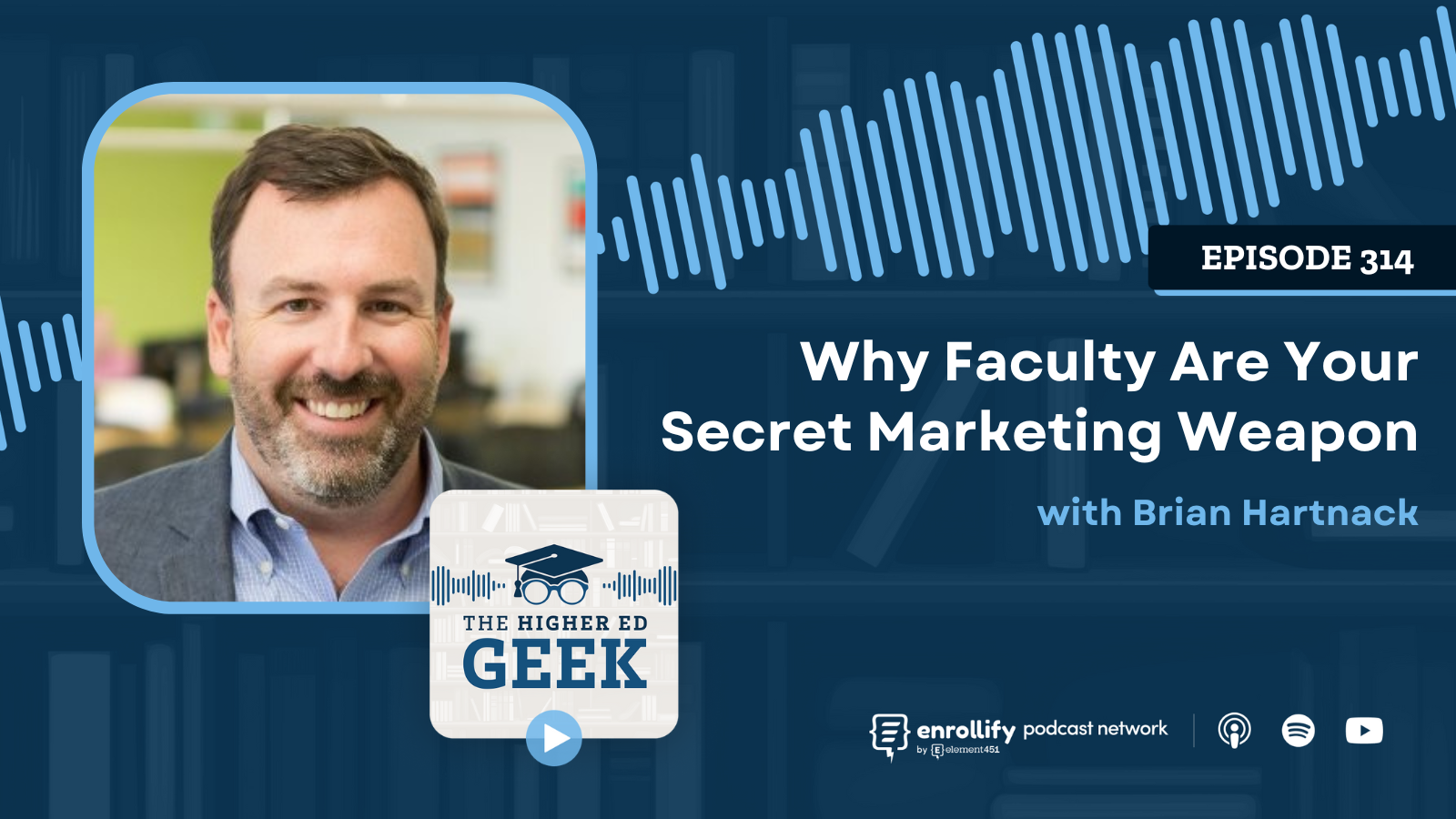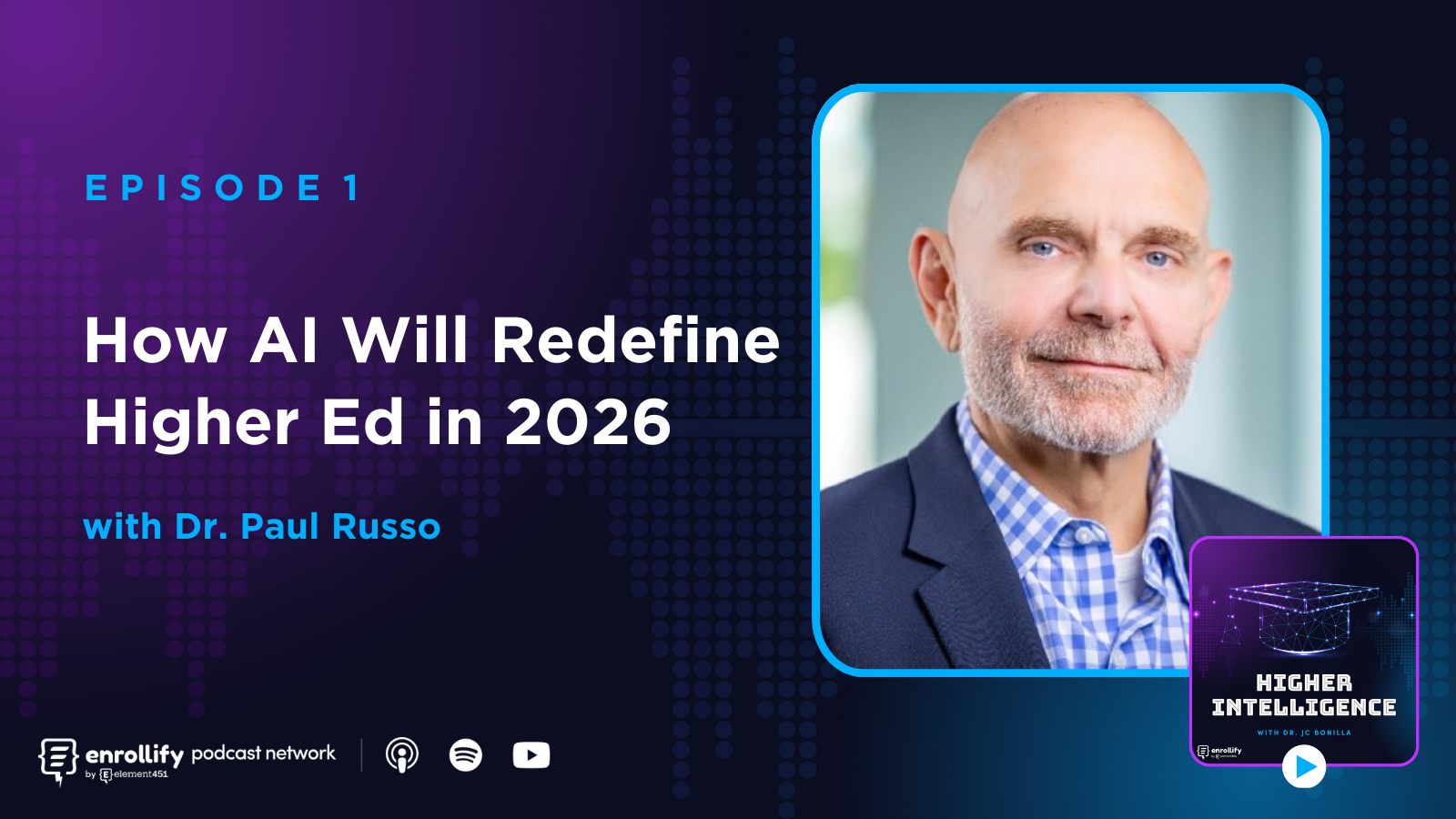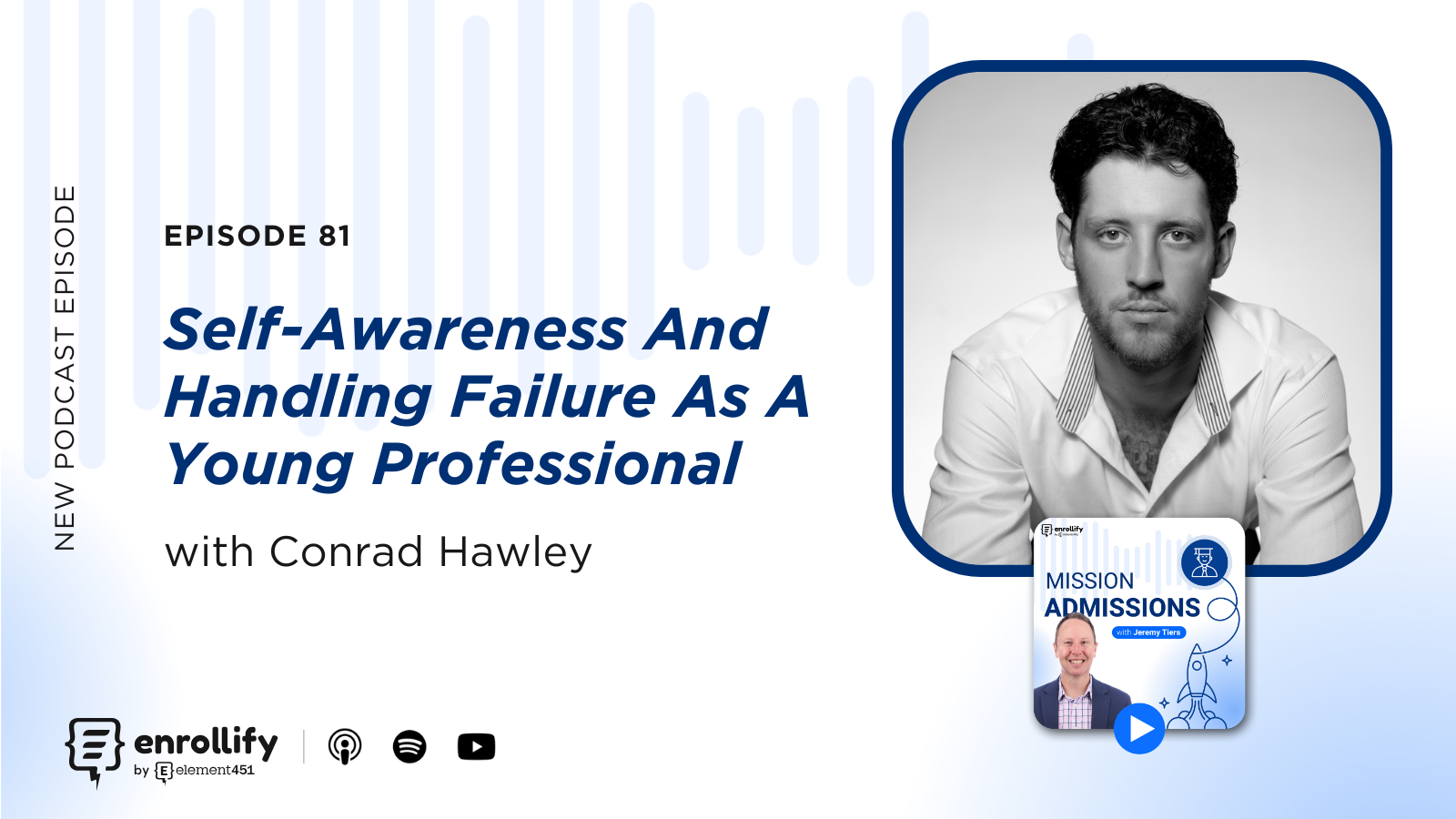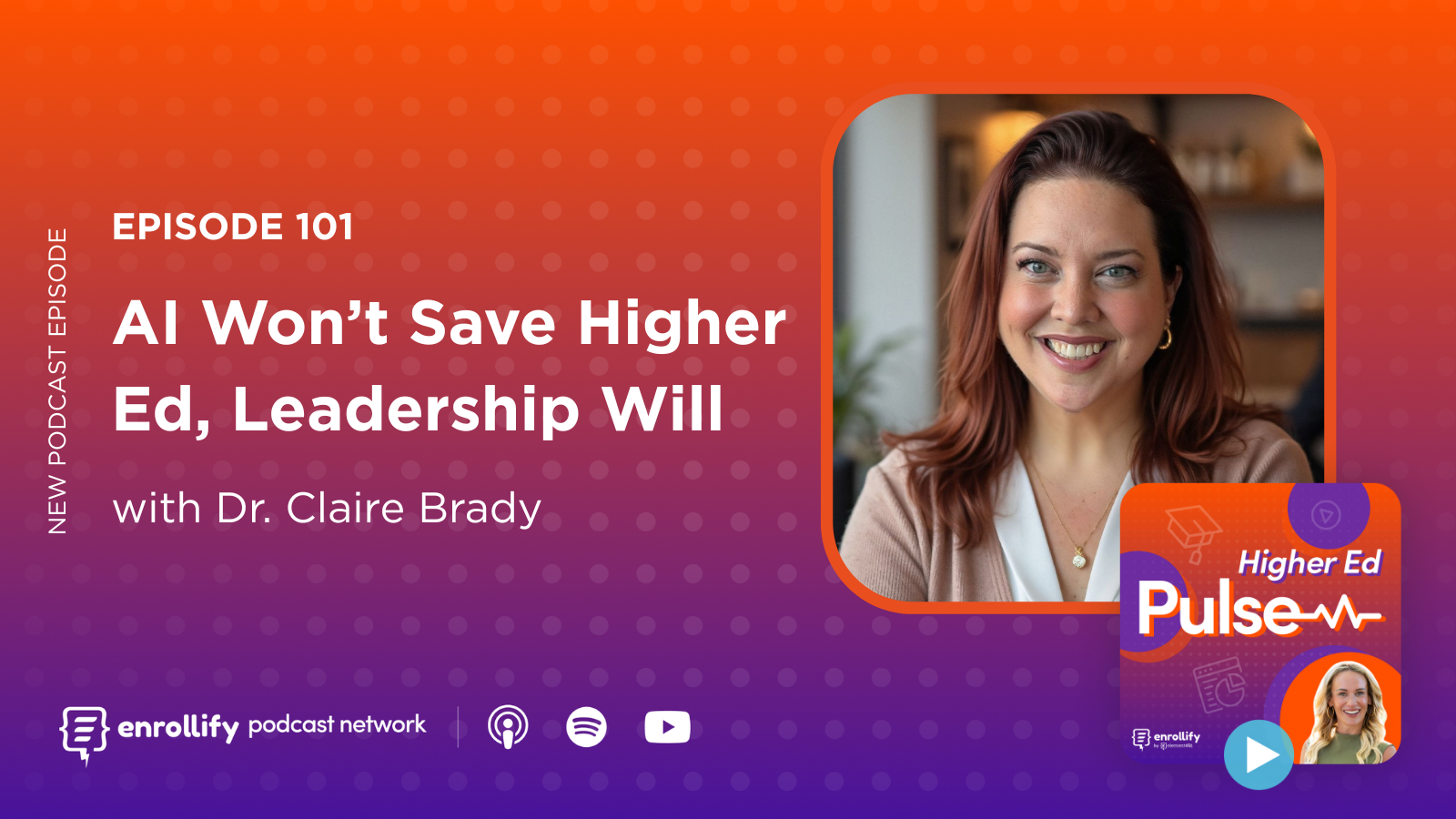About the Episode
About The Episode:
In this episode of The Culture Code, host Christian Ponce sits down with Dr. Cristina Alcalde, Vice President for Transformation and Inclusive Excellence at Miami University, to explore how Latina leadership is reshaping the future of higher education. They unpack the educational attainment gap facing Hispanic communities, the role of cultural identity in leadership, and the power of mentorship and inclusion. Dr. Alcalde brings her lived experience as an immigrant, scholar, and advocate to a timely conversation on equity and representation in academia.
Key Takeaways
- Latina leadership in higher education is essential for bridging equity gaps and representing a growing demographic of students.
- Cultural understanding is key in recruitment and retention strategies—Latinx communities are not monolithic.
- Family dynamics significantly influence college decision-making among Hispanic students, which institutions must acknowledge and embrace.
- Mentorship programs for young women and leaders alike are crucial to developing inclusive leadership pipelines.
- Emerging technologies like AI and digital platforms have potential to support gender equity—if designed and implemented inclusively.
What inspired Dr. Alcalde to pursue education and leadership in higher ed?
Dr. Cristina Alcalde’s educational journey began in Peru and the U.S., shaped deeply by her family’s value on curiosity and learning. With both parents as librarians, books and global awareness were foundational in her home. Moving to the U.S. during political unrest in Peru opened her eyes to new perspectives—and challenges. Her pursuit of a Ph.D. was rooted in a desire to make sense of the world and to help change it.
Her decision to enter leadership wasn’t initially planned—it evolved from her research interests in gender, migration, and inclusion. Taking on administrative roles allowed her to have broader impact and model alternative, inclusive leadership styles that challenge traditional, often exclusionary norms in higher ed.
How does cultural identity impact educational pathways for Latina students?
Dr. Alcalde emphasized that Latino, Latina, and Latinx identities are not one-size-fits-all. With individuals from over 20 Spanish-speaking countries—plus indigenous language speakers and diverse immigration experiences—universities must understand the nuances of Latinx communities. Failing to do so results in ineffective student support strategies and contributes to lower retention and graduation rates.
This cultural understanding should extend into recruitment and orientation programming. As Ponce noted from his observations at Old Dominion University, Latinx families often engage in the college journey collectively—bringing extended family to events. Institutions must adapt their models to these cultural realities if they wish to meaningfully serve this population.
Why does family matter so much in college decision-making?
For many Latina students, family is central to decision-making—not just emotionally, but logistically. Dr. Alcalde shared her own experience living with family during college and emphasized how many students navigate higher education within the context of family obligations and expectations. Institutions, she noted, are often unprepared to accommodate this—still operating from a Western, individualistic model of the “independent college student.”
By recognizing family as a resource—not a liability—schools can design more effective support systems, from family-inclusive orientations to culturally tailored counseling services.
What challenges do Latina leaders face in higher education?
Latinas in leadership often contend with microaggressions, stereotype-driven assumptions, and exclusion from traditional power structures. Dr. Alcalde noted that these challenges are compounded by a lack of visible role models. As a result, many young women don’t see a path forward—or don’t feel they belong.
Her leadership journey has been about modeling vulnerability, empathy, and collaborative decision-making—qualities often undervalued in academic leadership. Her presence alone, she notes, signals to others that different kinds of leadership are not only possible but necessary.
How can institutions better support mentorship for aspiring women leaders?
Effective mentorship requires more than goodwill. Dr. Alcalde advocates for intentional infrastructure: training mentors, providing institutional support, and creating structured pathways for students and professionals to connect across identity lines and professional roles. Mentorship, she argues, should start early—from middle school through college—and extend into professional development.
She also emphasizes the need for internal reflection—colleges must audit who holds power and representation, acknowledge gaps, and address them strategically.
What role can technology and AI play in advancing gender equity in higher ed?
While Dr. Alcalde sees promise in emerging technologies, she’s cautious about their current limitations. Digital tools—like online courses and remote mentorship programs—can increase access for underrepresented women, especially those in remote areas. However, she warns that platforms must be designed with equity in mind, given the disproportionate rates of online abuse faced by women.
AI’s potential lies in data gathering, content moderation, and facilitating safe online spaces. But institutions must critically examine how these tools are used and who benefits from them. Equity can’t be an afterthought.
Enrollify is produced by Element451 — the next-generation AI student engagement platform helping institutions create meaningful and personalized interactions with students. Learn more at element451.com.
Attend the 2025 Engage Summit!
The Engage Summit is the premier conference for forward-thinking leaders and practitioners dedicated to exploring the transformative power of AI in education.
Explore the strategies and tools to step into the next generation of student engagement, supercharged by AI. You'll leave ready to deliver the most personalized digital engagement experience every step of the way.
👉🏻 Register now to secure your spot in Charlotte, NC, on June 24-25, 2025!















